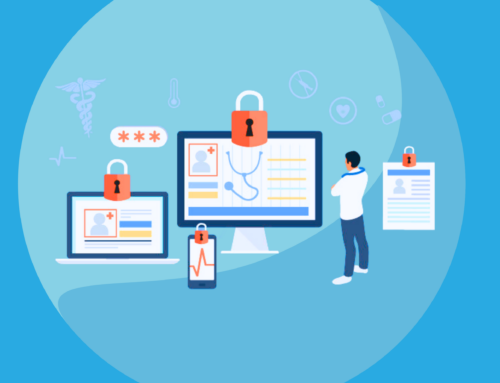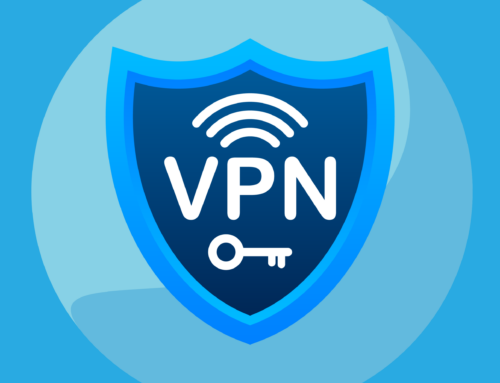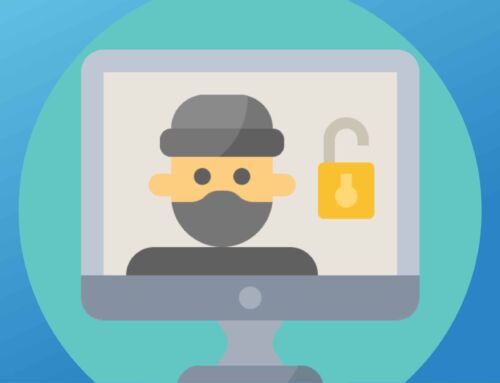
AI in healthcare can be an extremely useful tool when utilized properly. AI can be used for a myriad of healthcare operations including research, facilitating medical procedures, and to expand access of care. Realizing the importance of cybersecurity for AI in healthcare, the University of Maryland and UM Baltimore County are partnering to increase cybersecurity.
As part of the agreement, they will establish a Cybersecurity and Artificial Intelligence Core to analyze data enabling them to identify where cybersecurity risks could occur within systems or devices. According to the Institute for Critical Infrastructure Technology, “Meaningful collaboration has proven one of the most under-utilized, cost-effective, and impactful strategies organizations can engage to mitigate hyper-evolving cyber threats. Threat sharing initiatives allow for stronger data protection and more importantly, for proactive deterrence options instead of reactive remediation efforts.”
AI in Healthcare a Powerful Tool
AI technology has made great strides in recent years. The use of AI in healthcare improves medicine as it allows doctors to more accurately diagnose medical conditions, detect disease earlier, saves time, and manage patient care.
- Medical Diagnosis: retina specialist, Dr. Michael Abramoff founded IDx, to detect diabetic retinopathy using AI. Previously, detecting the disease was extremely difficult and expensive. IDx uses a camera to take pictures of the eye, uploading data to be analyzed by AI algorithms. Analyzing the data takes less than a minute, making the diagnostic process much shorter and far less expensive. The device was the first FDA approved AI medical diagnosis device.
- Time Saver: quick diagnosis can sometimes be a matter of life and death. As such, MaxQ AI, with help from Intel, developed AI technology that allows for the quick analysis of CT scans for stroke and head trauma victims. CT scans usually take three or four hours to process. With AI technology, CT scans process in less than a minute. AI can also facilitates the diagnosis of diseases such as cancer. Generally, determining a treatment plan for cancer patients takes doctors approximately two weeks. This is because of the difficulty in determining the boundaries of a tumor. AI in healthcare can cut this process down to a couple of days.
- Early Detection of Disease: AI allows doctors to diagnose disease earlier. According to Abramoff, “Doctors are good at detection when results are totally normal or when the disease is really bad. It’s the intermediate cases that are hard to detect. AI is better at it. It’s very consistent and very rigorous in how it analyzes images.” Companies such as GE Healthcare are implementing AI into PET scans, CT scans, and MRI machines to enable early detection of a variety of diseases. The use of AI in healthcare leads to less invasive procedures. In addition, GE predicts that the use of AI in healthcare will reduce the amount of money used to buy equipment by 25%.
- Patient Care from Home: voice assistants can aide in facilitating patient care from home. Orbita, a voice platform, allows patients to connect with doctors to quickly monitor their health. Patient’s health records are uploaded for doctor’s review. This can help to determine if the patient should go to the emergency room. It also provides a more thorough history of a patient’s health issues for their next in person visit.
AI and HIPAA
The most difficult part of implementing AI in healthcare is ensuring that the technology is HIPAA compliant. Before a healthcare organization can introduce new technology or software, the tech must be vetted against HIPAA’s Privacy and Security Rules. If the technology is used to receive, transmit, or maintain protected health information (PHI) it must be HIPAA compliant. There must be safeguards in place to ensure that PHI is only accessed by authorized individuals, before the AI can be considered for healthcare operations.
In addition, there must be a signed business associate agreement (BAA) in place prior to the use of the technology. A BAA is a legal contract that states that both entities are HIPAA compliant, and each party is responsible for their own compliance. This limits the liability for both parties in the event of a data breach as only the party experiencing the breach will be held responsible. Without a signed BAA, both parties would be held responsible for the incident.







